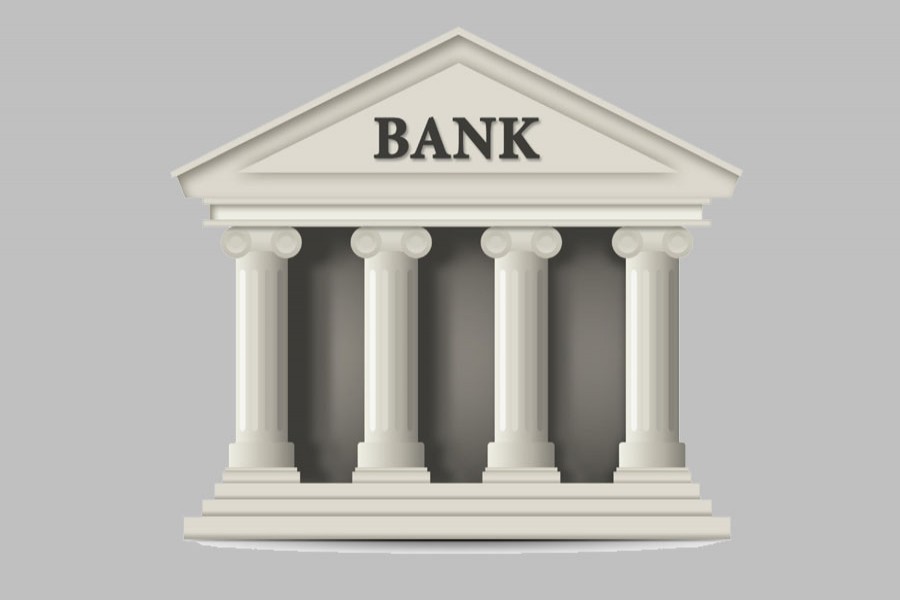With less than three months to go before the mandatory elections and no official timeline declared as of yet, fear and attention appear to have veered away from the crisis the banking sector is in.
There are fears in the sector that, with the already burgeoning Tk 900 billion (90,000 crore) swirling around in bad loans with another Tk 400 billion (40,000 crore) waiting to be written off, the situation is likely to be exacerbated mainly due to the elections.
One of the determinants for candidate is that they must be clear of bank default. This means loans must have been either repaid or rescheduled - and it applies to individuals acting as heads or directors of banks where they take the liability. If rescheduling on top of what has already been rescheduled is added, the deficit comes to a whopping Tk 2500 billion (250,000 crore), according to a top executive of a bank.
Rather than holding a whole raft of people accountable the government and the central bank are trying to find extra cash to beef up capital reserves that are mandatory for banks to function. As in the case of the now-infamous Bangladesh Bank reserve heist, the enquiry report of which is unlikely to ever see the light of day, recovery of stolen money is increasingly taking a back seat. The list of sixteen that made the headlines in the Panama Paper wikileaks have had no action against them because of what we are told 'processes not being available'. That's a convenient statement, considering that if moneys have a way of finding their way out of the country, there has to be a way of it coming back.
Bits and pieces of information gleaned from one research or the other suggest that astonishing amounts have been illegally siphoned out of the country with the government machinery apparently helpless in stemming the tide. Those seeking second homes in Malaysia or those settling permanently abroad should be asked questions how their assets and properties were liquidated and moneys repatriated. But this never happens just as the massive budget and project overruns of expansive mega projects are never questioned by the Auditor and Comptroller General's office nor, indeed, by parliament.
When it comes to banks, it is essentially public money and there's a limit to how much the government can act as a bailout agency. Cost-benefit analysis of such bailouts and indeed the repayment of such are much-needed documents to publicise that discipline is indeed being restored. Otherwise, it might just be a case faced by Pakistan. Fourteen-billion-dollars loan to pay back other loans ala the Grecian Urn.


